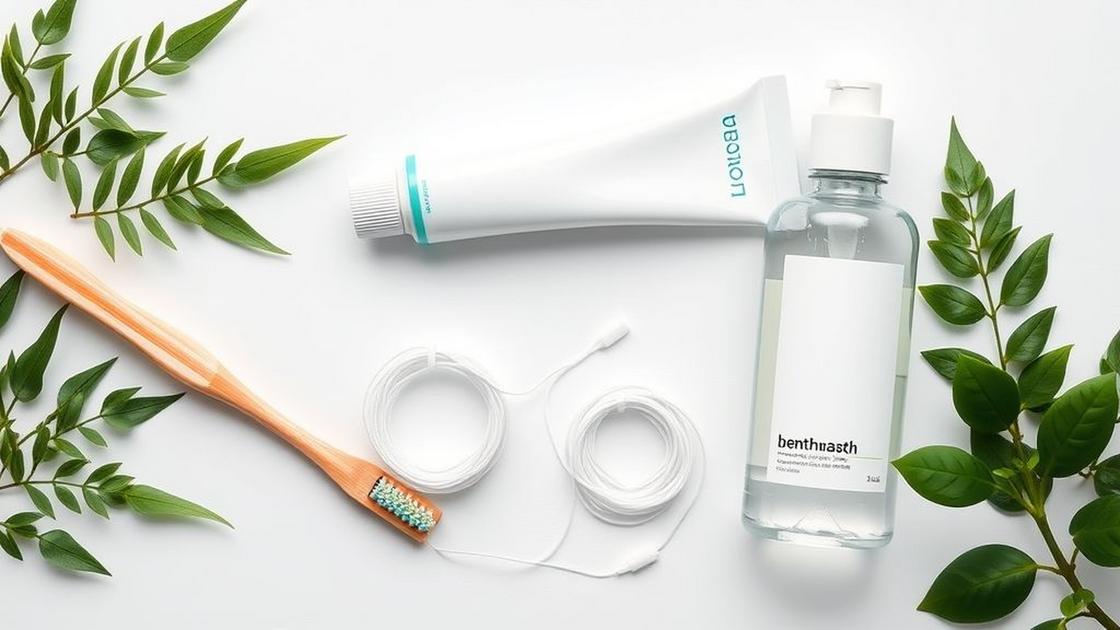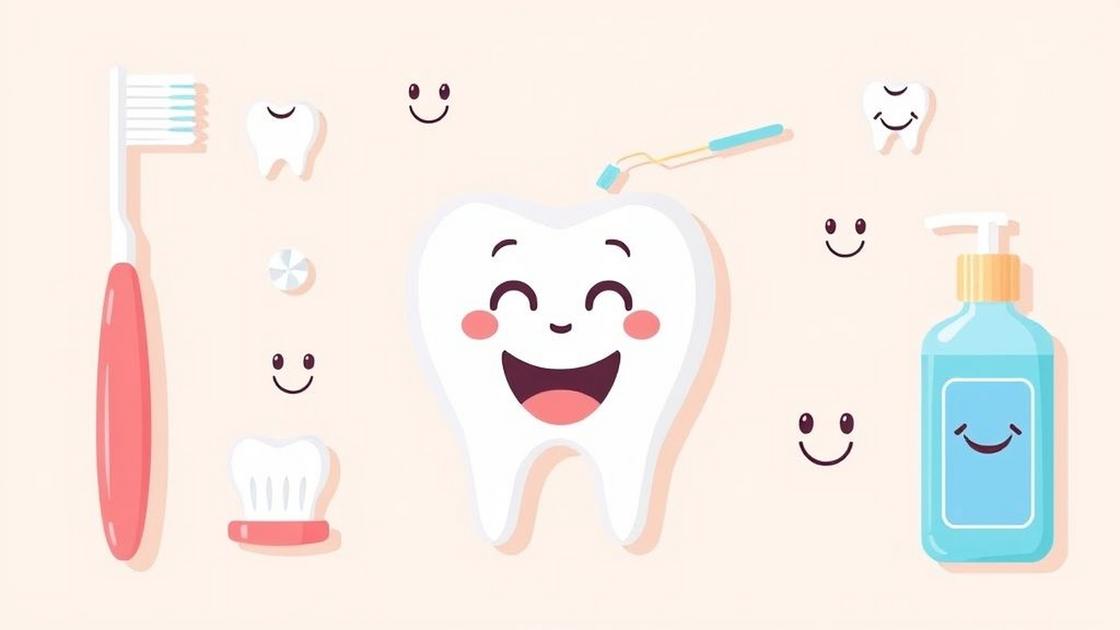As you journey through your 30s, you may notice your body changes, including your dental health. Best foods that strengthen teeth after 30 play a crucial role in combatting concerns like tooth sensitivity and decay. It’s common for women to feel overwhelmed by their health, especially when juggling daily responsibilities while battling little worries about oral health. The truth is, with the right nutrition, you can enhance not only your teeth but your overall well-being. Let’s dive into how you can nurture your smile while feeling empowered.
Understanding Tooth Health After 30
As women enter their thirties, many notice changes in their body that can be subtle yet significant. One area that often gets overlooked is dental health. By this age, the wear and tear on teeth can start to show. Factors like hormonal changes, lifestyle choices, and dietary habits all play a role in how strong our teeth remain. It’s essential to pay attention to dental health not just for aesthetic reasons but to avoid more serious issues later on. This period is crucial for establishing habits that will keep your smile bright and your mouth healthy.
The Role of Calcium-Rich Foods
Calcium is vital for maintaining strong teeth and bones. After 30, our bodies may not automatically absorb calcium as efficiently due to hormonal changes. Including calcium-rich foods in your diet becomes crucial. Here are some excellent sources:
- Dairy Products: Milk, cheese, and yogurt are rich in calcium and also provide other essential nutrients like vitamin D.
- Leafy Greens: Kale, broccoli, and spinach are excellent non-dairy sources of calcium.
- Fortified Foods: Look for cereals and plant-based milk that are fortified with calcium.
Incorporating these foods can strengthen your teeth and improve overall health.
Vitamins Essential for Strong Teeth
Vitamins work synergistically with minerals to promote healthy teeth. Vitamins D and K2, in particular, are essential. Vitamin D helps your body absorb calcium, while vitamin K2 assists in directing calcium to where it’s needed—in your bones and teeth.
Sources of these vitamins include:
- Fatty Fish: Salmon and mackerel are rich in vitamin D.
- Egg Yolks: A delicious way to get both vitamin D and K2.
- Fermented Foods: Foods like natto are great for vitamin K2.
Ensuring you get enough of these vitamins is key for strong teeth, so make them a part of your daily meals.
Hydration: Why Water Matters for Dental Health
Hydration is often overlooked when discussing dental health. Our bodies, including our mouths, rely on water to function correctly. Staying hydrated produces saliva, which is our natural defense against cavities. Saliva helps wash away food particles, reduces acidity in the mouth, and contains minerals that can help rebuild tooth enamel.
Make it a habit to drink water:
- Lemon Water: A refreshing drink that can help improve hydrations and freshen breath.
- Herbal Teas: These can be hydrating and have additional health benefits.
Carrying a water bottle can encourage you to take regular sips throughout the day.
Fruits and Vegetables for Natural Cleanliness
Fruits and vegetables are not just good for overall health but excellent for your teeth as well. Crunchy foods like apples, carrots, and celery act as natural toothbrushes. They help clean teeth, stimulate gums, and promote saliva flow.
Consider adding these to your diet:
- Apples: Ideal for snacks, they can help scrub away plaque.
- Carrots: Their crunchiness is perfect for cleansing teeth.
- Strawberries: Rich in vitamin C, they can help prevent gum disease.
Incorporating these fruits and vegetables into your meals can make a significant difference in your dental health.
Lean Proteins and Their Benefits for Teeth
Including lean proteins in your diet is not just good for your body but for your teeth too. Proteins are important building blocks for healthy tissues and can assist in tooth repair and regeneration. They also help balance the acidity levels in the mouth, further protecting your enamel.
Great sources of lean protein include:
- Chicken and Turkey: Versatile options that can be grilled, baked, or stir-fried.
- Fish: Tasty options like salmon, which are also high in omega-3 fatty acids.
- Legumes: Beans and lentils are excellent for vegetarians who want protein.
Adding these foods to your plate can help ensure you maintain strong and healthy teeth.
Nuts and Seeds: Tiny Powerhouses for Oral Health
Nuts and seeds are packed with nutrients that provide various health benefits, including dental health. They are a great source of healthy fats, proteins, and minerals such as phosphorus and calcium that promote stronger teeth.
Here are some great options:
- Almonds: High in calcium and vitamin E.
- Chia Seeds: A source of healthy omega-3s and calcium.
- Sunflower Seeds: These can be a great snack option, providing essential nutrients.
Snack on these for a tasty way to boost your dental health.
The Impact of Sugar on Dental Strength
Reducing sugar intake is crucial for maintaining dental health. Sugar feeds harmful bacteria in the mouth, leading to acid production that can erode tooth enamel and cause cavities. Many processed foods and beverages are high in sugar, so it’s essential to be mindful.
Consider alternatives:
- Fruits: Satisfy your sweet tooth naturally with fruits.
- Dark Chocolate: In moderation, it can be a healthier option than sugary candies.
- Natural Sweeteners: Try honey or maple syrup in moderation.
Being aware of your sugar consumption can significantly improve your dental health.
Herbs and Spices That Promote Oral Wellness
Many herbs and spices not only enhance flavors but also contribute positively to oral health. They often contain anti-inflammatory and antibacterial properties that can prevent gum disease and freshen breath.
Some beneficial options include:
- Cinnamon: Known for its antibacterial properties.
- Clove: Often used to alleviate toothache.
- Green Tea: Packed with antioxidants that promote overall health.
Incorporating these ingredients into your meals can be a delightful way to support your dental hygiene.
Building a Balanced Diet for Longevity and Strength
Creating a balanced diet can significantly impact not only your dental health but your overall well-being. Focusing on whole foods that nourish your body and mind is crucial at this age. Aim to include a variety of food groups:
- Fruits and Vegetables: Aim for a rainbow of colors to ensure you receive different nutrients.
- Whole Grains: Foods like brown rice and quinoa support overall health.
- Healthy Fats: Incorporate sources such as olive oil and fatty fish.
Remember, maintaining dental health is not just about preventing problems but building a foundation for longevity and strength. By making simple changes to your meals, you can enjoy both better health and a beautiful smile.






